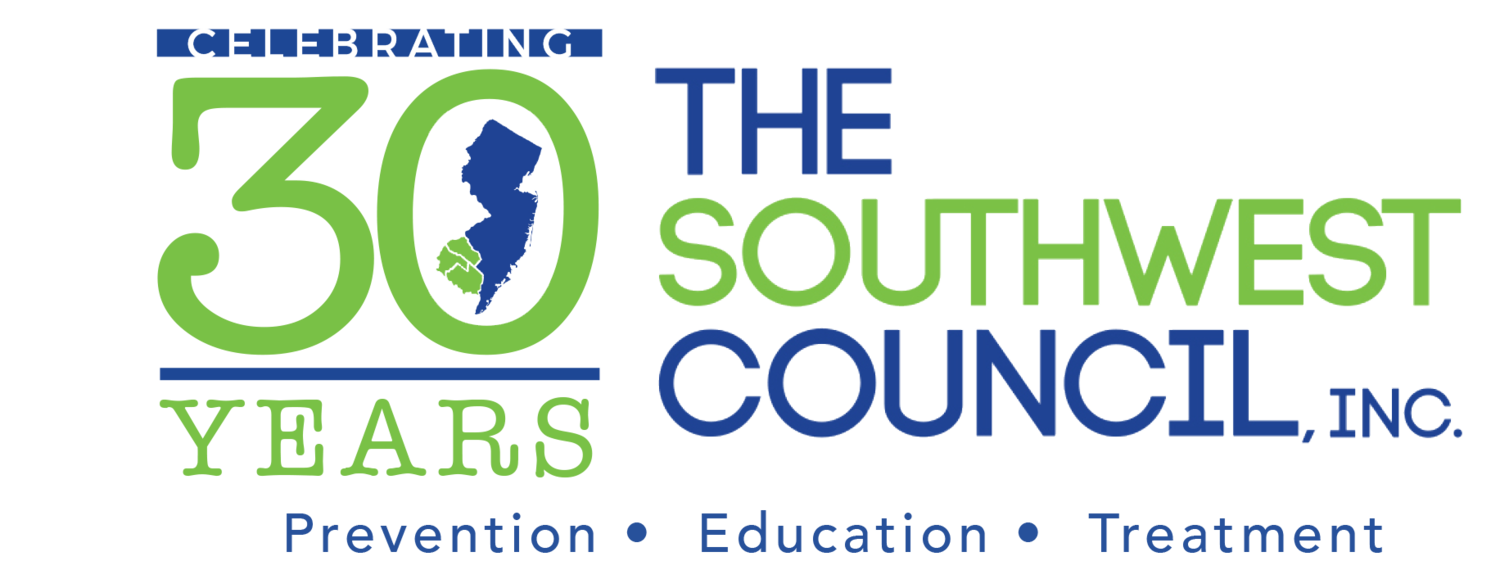By: Adrienne Davis
When the subject of substance abuse or misuse is presented, what image does your mind’s eye conjure? So often we picture a troubled youth heading down the dark tunnel of addiction. When we hear tales of addiction they come from every walk of life; from the troubled youth, the athletic teenager, and the stressed adult. However, substance abuse is a far reaching, multi-faceted social issue that can affect many aspects of our society. Although, one section of society that may not always come to mind when it comes to addiction is the senior citizen population.
As with any title throughout our lifespans, we are given cultural labels and titles that we adhere to regularly. Seniors are often put into the category of ‘grandparent.’ Even the term ‘senior’ comes with its own connotations. Senior citizens are often seen as caring, nurturing, wise, and knowledgeable. While all of these attributes are admirable, giving someone a label makes it easier to disregard them or dismiss them as a three-dimensional being with individualized thoughts, feelings, and problems. Substance abuse and misuse is an overlooked issue among the senior citizen population.
The aging process is not without its own complications. In addition to a decrease in physical well-being, seniors can also experience a loss of family, loneliness, fewer friends, or the loss of a partner. These are among the reasons why senior citizens may turn to drugs or alcohol in an effort to cope. When we study the causes of addiction for the varying age groups we see the source of the issue is distinctive for each age group. However, the physical, emotional, and behavioral consequences of addiction in senior citizens closely mirrors the rest of society.
Prescription drug abuse and misuse is an important element in understanding how someone may become dependent on drugs or alcohol. Senior citizens are the most susceptible to the misuse of prescription drugs. More than 80% of seniors take at least one prescription medication, and more than 50% take at least 5 medications. Misusing medication includes: taking a medication concurrently with alcohol, taking a dosage that was not prescribed, using outdated medication, forgetting to fill prescriptions, missing doses, taking medication that is prescribed for someone else, or stretching out medications in order for them to last longer. Misuse of medication may occur for different reasons, but prevention is always a possibility. Individuals who feel they may be misusing their medications can speak with their doctors, use pill organizers, ask for larger print on their prescription labels, and coordinate their prescription use with their daily calendar.
Detecting the signs and symptoms of drug abuse or dependence in seniors may be difficult because they can mirror the symptoms of other medical ailments such as depression, dementia, and diabetes. However, asking questions and raising personal awareness are both key factors in seeking assistance for the issue. Seniors may experience problems with memory, the desire to be left alone, changes in eating habits, changes in hygiene, changes in sleeping habits, irritability, depression, and lack of interest in their usual activities.
Viewing substance abuse as an issue that can affect anyone is an unsettling thought, but when we arm ourselves with knowledge it becomes easier to combat the problem. Seniors in the throes of addiction or dependence can speak with their doctor, friends, and loved ones for assistance. Prevention is also key in lessening the scope of addiction. The Southwest Council employs curriculum such as the Wellness Initiative for Senior Education (WISE) in order to spread the message of seniors and addiction. WISE is an educational program that discusses the aging process while developing strategies to enrich and encourage a healthy lifestyle. For additional information about addiction, or the senior education program, contact the Southwest Council at 856-794-1011.
Sources:
Misuse of Prescription Drugs. Published July 2001. Revised January 2018. https://www.drugabuse.gov/publications/research-reports/misuse-prescription-drugs/what-scope-prescription-drug-misuse
Qato DM, Alexander GC, Conti RM, Johnson M, Schumm P, Lindau ST. Use of Prescription and Over-the-counter Medications and Dietary Supplements Among Older Adults in the United States. JAMA. 2008;300(24):2867. doi:10.1001/jama.2008.892.






